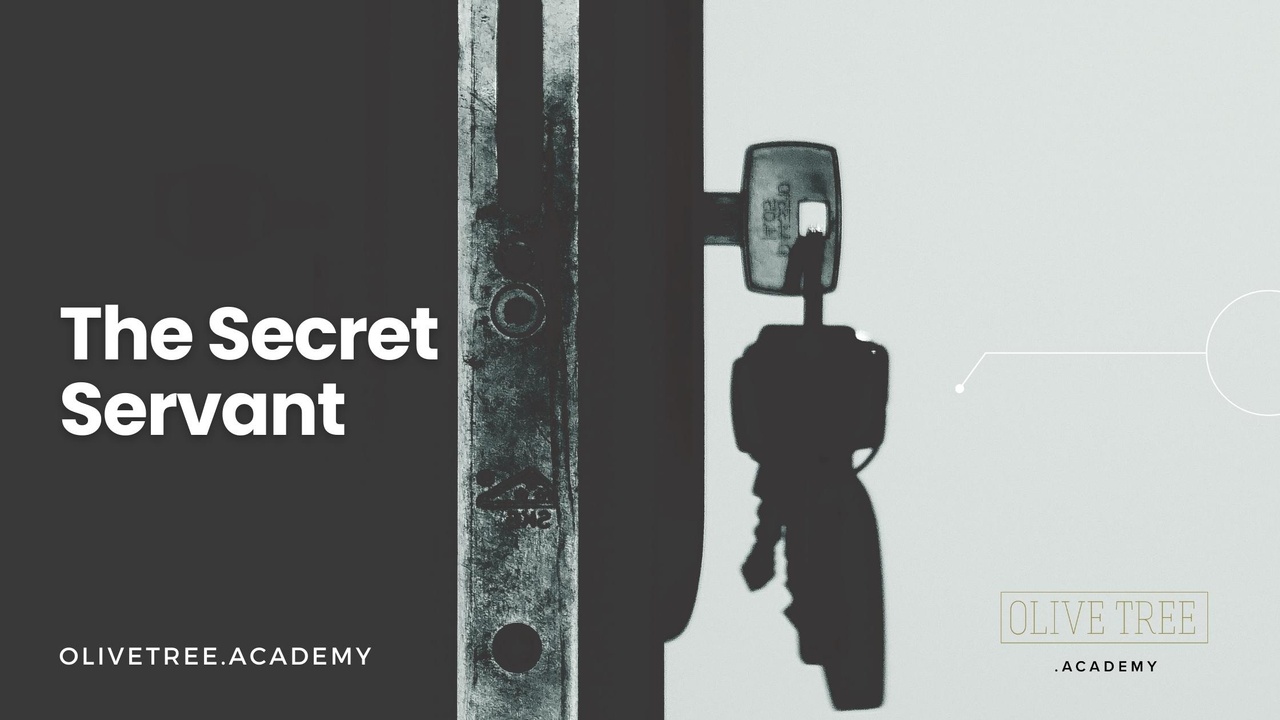The Secret Servant
May 14, 2022
A little secret servant is hiding in the daily to-do section of your life, and his name is "trigger."
He's a simple servant who requires little setup between an action and an outcome. And, once he's set up, he'll serve you day in and day out.
"Triggers" are the key to follow-through. They help you remember, create routines, and crush project production.
"Triggers" are often referred to as "reminders." However, a trigger is more than a reminder—it's a connection point between intent and action.
Often, we struggle with follow-through on our intentions. We say things and fail to act on them, we start but fail to complete projects, and we add new life-changing activities to change our routines, only to fall back into old habits. We know we need to make changes, but they always seem elusive.
The solution(s) lies in two categories: Triggers and Systems.
The term "trigger" is central to computer programming.
Consider that a database trigger is a procedural code automatically executed in response to certain events on a particular table or view. The trigger is mostly used for maintaining the integrity of the information on the database.
When you program "triggers," you automate "productivity."
For example, if you use an email platform like Mailchimp, you will experience the freedom of "automation." The platform has already programmed tags into forms and templates that automatically curate your information: Name, address, email, etc. Therefore, once you set up the account and add your contacts and relevant details, you can access "automation."
For this reason, we often encourage others to "take the time" to enter details and set up systems that create "automation" through "triggers." For example, in our favorite desktop and mobile phone app, "Notion"— "triggers" are referred to as "relations." They connect one event or action to another action.
When setting yourself up for success, "triggers" are your "secret servant." They come in the form of questions, sticky notes (visual cues), alarms, proclamations, smells, etc. But make no mistake, "triggers" have to be programmed into your routine and life before they become automatic actions that serve you without conscious thought.
How do you introduce "triggers" into your lifestyle?
First, you need to identify the thing you want to attach new or different actions to—words, projects, relationships, time, learning, routines.
For me, my biggest struggle was dealing with "interruptions." If, while working on a written assignment, project, or developing an idea, just "one interruption" was catastrophic. If I answered a telephone call, the chance of me spending the next hour "problem solving" was a "no-brainer." If someone needed help on their project, I was off and running. Hours would go by until the project was complete. The problem that consistently occurred and recurred was "my failure to meet deadlines or complete my projects,"—which created a vicious cycle of excuses.
And even though I was a high performer (in the eyes of others), this problem plagued me for decades until I learned how to "block time" and "attach triggers to actions."
If your projects take a back seat to "others" or you find yourself in the "trap of interruption," the first trigger I suggest you put in place is the "block time" trigger.
What is the "block time" trigger?
The " trigger "connects you to the time you block out for your ideas, writing, and projects.
To help create the "block time" trigger, I bought a cute 🐓 "kitchen timer." Yes, the type of timer used to ensure you don't overcook a baked good or entre'.
Then, after "blocking time" within my schedule, I took my kitchen timer 🐓 and set it for "50 minutes."
In addition, I silenced my phone and desktop notifications 🤫 and then let everyone who had access to me know that I was not to be interrupted—even if there was a #5 hurricane or tornado—for the next 50 minutes at least. (My block-time segments are usually 50 minutes over a 3-5 hour span).
This "one shift" in my life changed "everything." 🎉 I started moving my books, ideas, and projects forward." It also enabled me to help others within the "block time" framework!
Another important trigger for me was a "mindset" trigger. Waking up and getting into a daily focused flow required a few minutes to "think" through the day before starting my day.
To accomplish this, I recorded an audio "mindset" trigger and used it for my wake-up alarm. Instead of waking up to an alarm sound or music, I woke up to: "Hey girl, it's a NEW Day full of potential. Are you ready to change the world? Of course, you are. So, first thing this morning, you're going to; pray, plan and think through your day! Let's go!" 🤯
This "trigger" connected my brain to a "mindset action." And after years of creating this type of "trigger," I think through my day intuitively and often before the alarm even sounds!
Are you ready to create "triggers" to help you move your life projects forward?
If so, we have created a free pdf download to help you learn "block time." Then, all you have to do is add the "trigger" and get started.
Click here to join our OliveTree Academy mailing list and receive your free download and much more!
If you are already part of our Academy, click here and download "the BlockTime planner worksheet."
הצלחה—Hatzlecha, To you Success,
Sarah & Hadas


